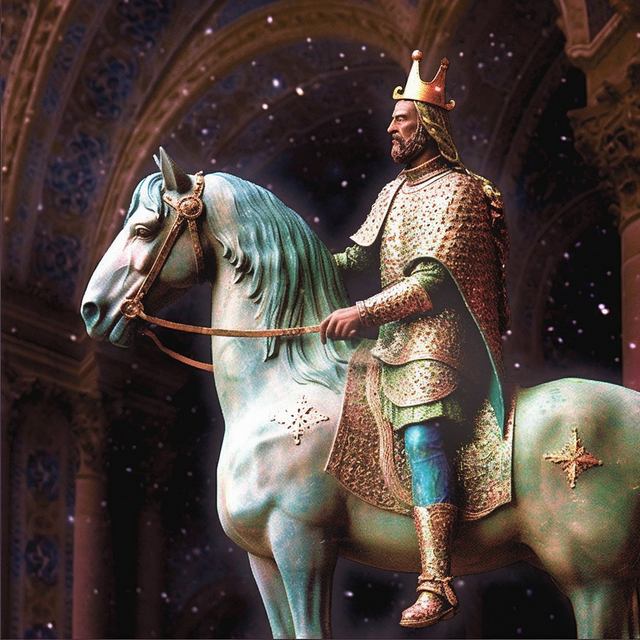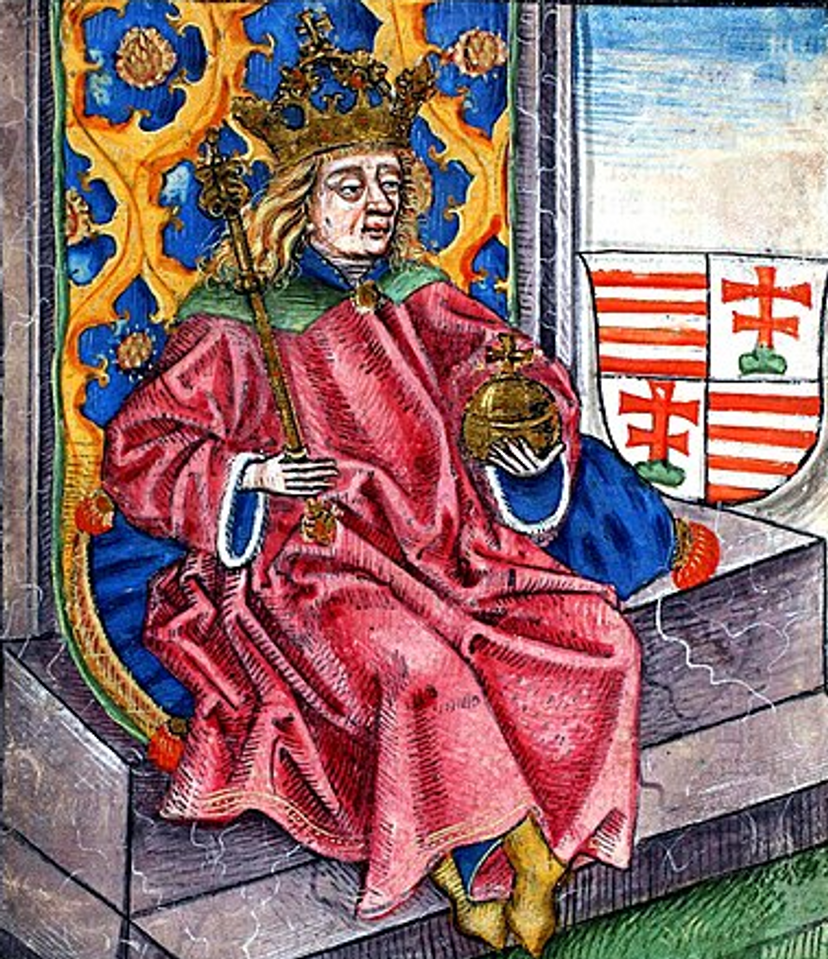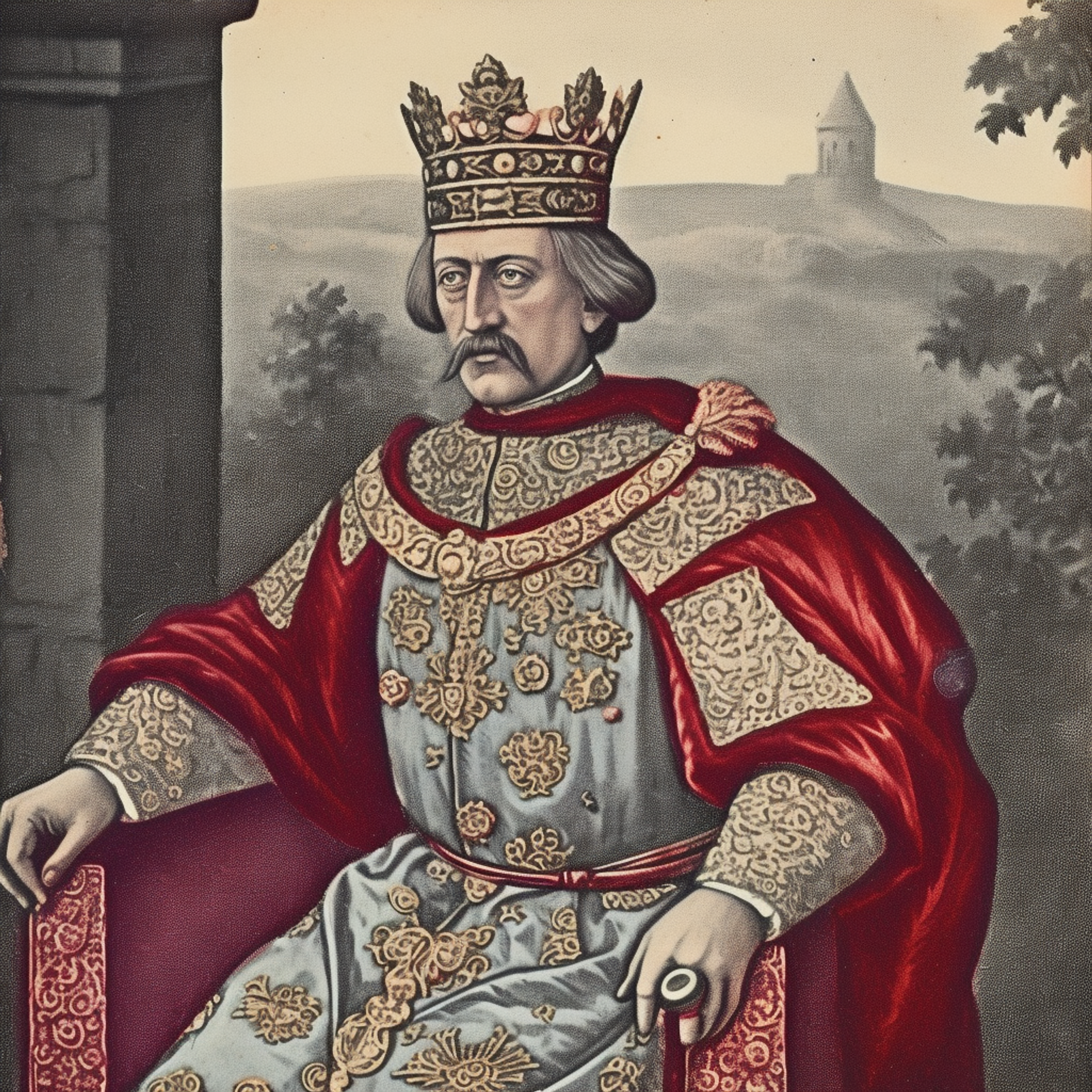
King Bela IV
King Béla IV of Hungary is remembered as one of the greatest rulers in Hungarian history, a man who led his country through a time of turmoil and adversity. He is best known for his role in defeating the Mongol invasion of Europe in the 13th century, but his legacy extends far beyond that. In this article, we'll take a closer look at the life of King Béla IV of Hungary, exploring his triumphs and tragedies, his leadership and legacy.
Early Life and Rise to Power
Béla was born in 1206, the son of King Andrew II of Hungary and Gertrude of Merania. He was raised in a royal court that was marked by political turmoil and conflict, as his father struggled to maintain his hold on power. As a result, Béla was exposed to the complex world of politics and diplomacy from a young age.
Despite the challenges of his upbringing, Béla was well-educated and intellectually curious. He had a passion for learning and was interested in a wide range of subjects, from philosophy to theology to law. He was also a skilled diplomat, and he learned how to navigate the complex political landscape of medieval Europe.
When his father died in 1235, Béla became king of Hungary. He faced a daunting set of challenges, including threats from neighboring countries and internal unrest within Hungary itself. But Béla was determined to succeed as a ruler, and he quickly set to work consolidating his power and strengthening his kingdom.

Leadership and Reforms
One of Béla's greatest strengths as a leader was his ability to listen to his advisors and take their advice into account. He surrounded himself with a talented group of ministers and counselors, including many foreigners who brought new ideas and perspectives to Hungary.
Under Béla's leadership, Hungary underwent a period of significant reform and modernization. He introduced a number of new laws and policies designed to strengthen the country's economy and military. He also worked to establish a system of centralized government that was more efficient and effective than the decentralized system that had been in place before.
Perhaps most importantly, Béla recognized the importance of education and culture. He founded several new universities and schools, and he encouraged the development of Hungarian art and literature. He was a patron of the arts and sciences, and he believed that the intellectual and cultural development of his people was essential to the long-term success of his kingdom.

Tragedy and Triumph
Despite his many successes as a ruler, Béla also faced significant tragedies and setbacks during his reign. One of the greatest of these was the Mongol invasion of Europe, which we discussed earlier. The invasion was a devastating blow to Hungary, and Béla was forced to flee his capital city and take refuge in the countryside.
But Béla did not give up. He rallied his troops and his people, and he led Hungary to a decisive victory against the Mongols at the Battle of Muhi. The victory was a testament to his leadership and his military prowess, and it demonstrated that Hungary was a force to be reckoned with.
In addition to the Mongol invasion, Béla also faced challenges from within his own family. His eldest son, Stephen, rebelled against him and attempted to seize the throne. Béla was forced to take drastic measures to put down the rebellion, including imprisoning his own son. The conflict caused significant tension within the royal family, and it was a personal tragedy for Béla.

Subject Contributions
- Politics
- Art
- Ethics and morality
- Logic
- The nature of knowledge and perception